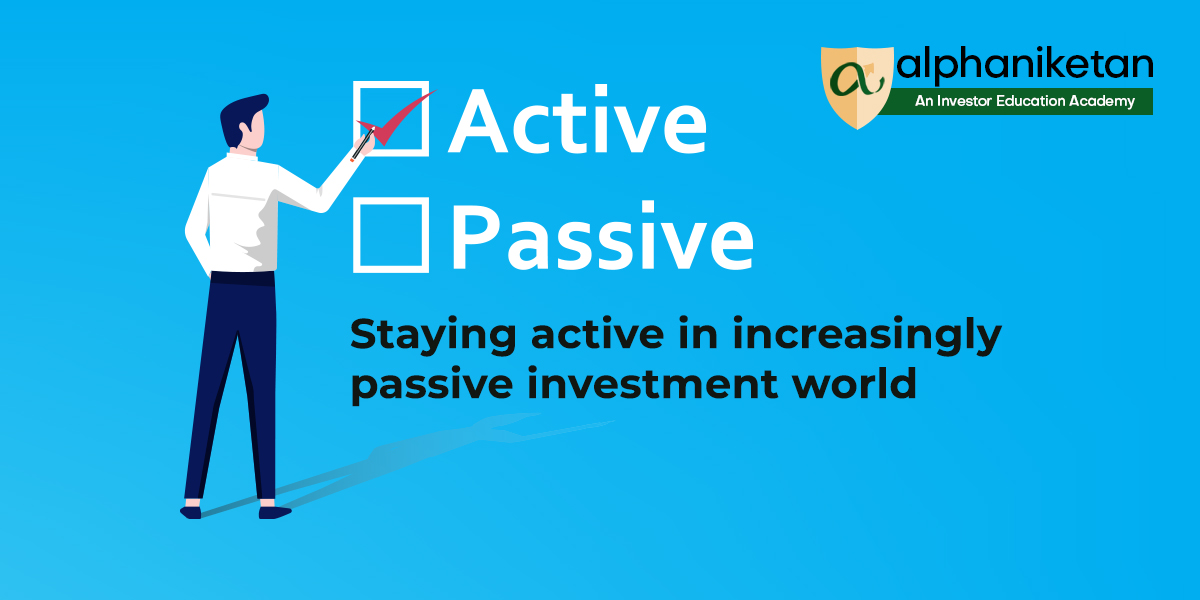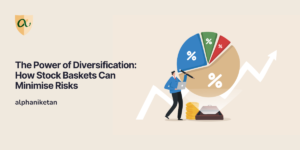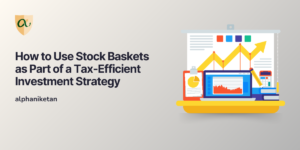Investing needs your support. Your future wealth and well-being depend on the way you shepherd your savings today. You may be busy with your work life. You may not have the necessary bandwidth to understand when to buy and when to sell your investments. Financial markets are complex, and those in other walks of life have little time to dig deep.
Mutual funds are a formidable tool to channelise savings for growth. Total assets under management topped a staggering $ 100 trillion worldwide earlier this year, according to one report by Boston Consulting, a global consulting firm. Retail portfolios accounted for 41% of these assets and were the fastest-growing category. That means individuals are putting more money into mutual funds, index funds and exchange-traded funds than ever before. Passive exchange-traded funds and index funds each accounted for 40% of the assets held by all funds.
What is active and passive investing
You have to deal with this topic on two levels. You are an active investor if you are managing your money regularly. That means investing more when share prices fall and selling when share prices trade at dizzy values. You may be doing that by directly buying or selling shares or funds.
You are a passive investor if you are conscious of the cost of your Investments. In passive the costs for managing your funds is extremely low whereas in active it is higher and can also be linked to performance based fee structures. Over a longer period of time the cost of your investments becomes very significant and have a direct impact on the performance/returns.
Within funds, there are active and passive funds. If you invest through an active fund, that fund is expected to outperform the benchmark index to justify fund management fees consistently. So, your fund could be diversified equity or a sectoral fund.
You are a passive investor if you are a regular investor in index funds or exchange-traded funds. In these funds, you are simply trying to replicate the underlying index performance. Fund management fees here are lower than active funds.
Pioneers of passive investing are giant investment managers like Vanguard, BlackRock and State Street Capital. Such funds collectively manage or administer $ 34 trillion worth of assets.
The India scene
For a young country like India, household participation in Equity needs to reach comparable standards of other developing and eventually developed economies as well. In India, we are at the early stage of the Digitization super cycle. Young Indians with intelligent devices and increased internet penetration are rapidly adapting to the new world of digital finance. The direct investing activity languished for a long time, with demat accounts in India hovering around 25 million. Over the past two years, that number has jumped to 70 million, according to the data from National Securities Depository and Central Depository Services.
Mutual funds manage assets worth Rs 37.4 trillion, according to the latest data from the Association of Mutual Funds in India. Equity funds account for more than 57% of these assets. Passive investing in funds through exchange and index funds is growing fast. The share of exchange-traded funds has increased to over 10% from 8% in the year-ago period. An exciting development to note is that the net inflows to passive funds like exchange-traded funds and index funds were higher than the active ones like equity and equity-linked ones in September.
That is a significant change. As Fintech players disrupt the traditional ways – awareness of embedded cost of investment products is rising and coming under more scrutiny. Digitisation and direct Investment platforms is dramatically changing financial intermediation globally and in India.
Be that as it may, you need a combination of active and passive modes of investment. Technology is a significant enabler. With artificial intelligence and data, you can take help from tools that could help you seize market opportunities when they are available. Democratization of Wealth is enabling investors across diverse segments to access high quality advice and offerings. You just need to put your money to work, smartly.
References:
https://corpgov.law.harvard.edu/2021/08/10/are-enhanced-index-funds-enhanced/
https://www.bcg.com/en-in/publications/2021/global-asset-management-industry-report
Thank you for reading this post, don't forget to subscribe!




